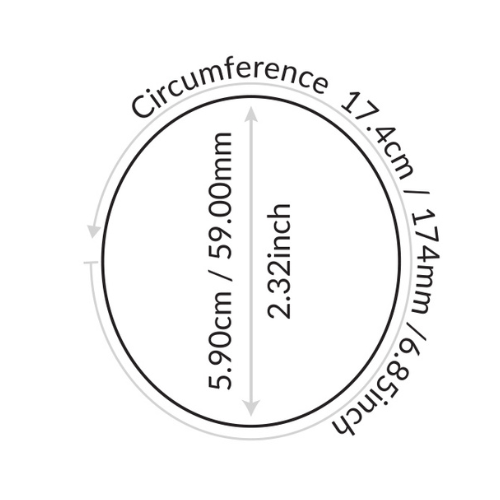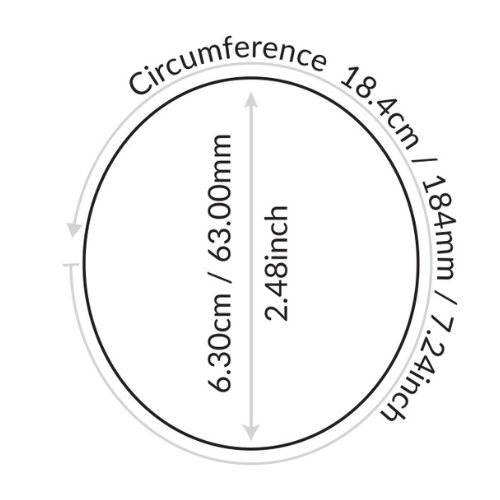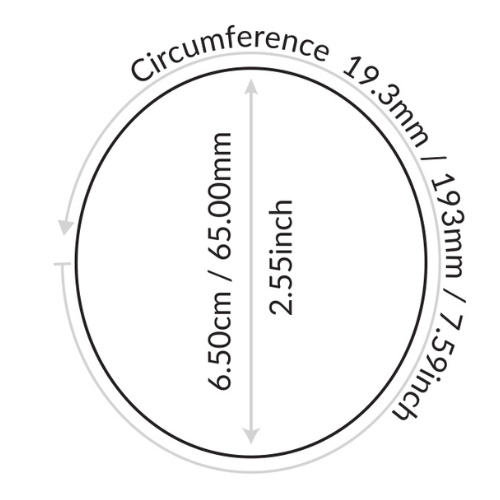
When Kirsten set out to build the brand, her primary goal was to ensure its sustainability. Her background in sustainability prompted her to critically examine the relationship between mining and sustainable practices. Ultimately, we are convinced that these two concepts cannot coexist.
The United Nations Conference on the Human Environment highlighted the importance of considering resource use not just for the present but also for future generations. This concept evolved into 'sustainable development,' as outlined in the 'Our Common Future' report, which emphasizes that current resource use should not jeopardize future generations—an assertion that contradicts the mining industry's reliance on finite resources.
A significant issue with the concept of sustainable development is the implication that the economic contributions made by mining can offset its inherent destructiveness. This has created a problematic relationship between the economy and the environment, treating human (manufactured) and natural capital as interchangeable. For example, if mining causes severe deforestation, it diminishes natural capital, while increased production can lead to a rise in manufactured capital. Although this scenario might be labelled as sustainable, it exemplifies a weak approach to sustainability. In contrast, strong sustainability recognizes that natural and manufactured capital are not interchangeable; they are rather interdependent. This concept is crucial because it demands accountability from an industry that often misleads consumers into believing that sustainability is supported by mining activities.
In stark contrast, the mining industry frequently results in environmental degradation, deforestation, devastating consequences to ecosystems and harm to local communities. For instance, one mine can displace 250 tons of earth while releasing 2,011 ounces of air pollution during the extraction of just one carat of diamond. This process also emits 143 pounds of carbon dioxide. The consequences are devastating for biodiversity, affected by both deforestation and soil erosion from mining activities. Deforestation can further exacerbate soil erosion, leading to sediment runoff into nearby water sources. The absence of trees to absorb carbon dioxide heightens the impact of global warming and climate change. Additionally, areas designated for mining are rarely evaluated from an urban planning perspective, resulting in unsustainable exploitation of forests and forest products.
These detrimental impacts persist even after mining operations cease. Mining disrupts ecosystems and undermines economic opportunities, particularly for women in affected regions. This issue is especially critical in Africa, where mining threatens biodiversity and local economies. Instead of alleviating poverty, mining often worsens it, leading to food insecurity, job losses, and health risks due to pollution-risks exacerbated by the resettlement of communities, which is often unavoidable during mining operations.
It's not only the mining sites themselves that harm the environment. Infrastructure developed to support these sites, such as roads and railways, causes damage where constructed and opens access to previously remote areas vital for wildlife preservation. The negative impacts on communities are paralleled by environmental degradation.


Pollution is another significant way mining affects social and environmental systems. Mining operations emit large amounts of carbon dioxide, making them key contributors to global warming and climate change. This is particularly disastrous for water-scarce African nations, which are especially vulnerable to droughts and flooding.
Poverty is a critical issue in Africa, with projections indicating that the poverty rate could rise to 90% by 2030. Working conditions in the mining sector are typically dire, and children are at risk of being trapped in a cycle of poverty. Where mineral deposits are located in culturally significant areas, the damage to indigenous cultures can be substantial.
Access to land is a significant issue across many African countries, often exacerbated by mining operations, which frequently lead to displacement. The repercussions include a lack of access to land and job security, particularly in rural areas where farming is a primary livelihood. Human rights abuses are also a concern when communities are forced to resettle without consent. Even when communities are not forcibly removed, land degradation from deforestation and vegetation removal leads to soil erosion. The environmental, economic, and social consequences of mining are particularly severe for women, as the industry tends to employ men more frequently, reinforcing existing gender inequalities.
The question of sustainability and its impact on future generations underscores the incompatibility of mining with true sustainability.








